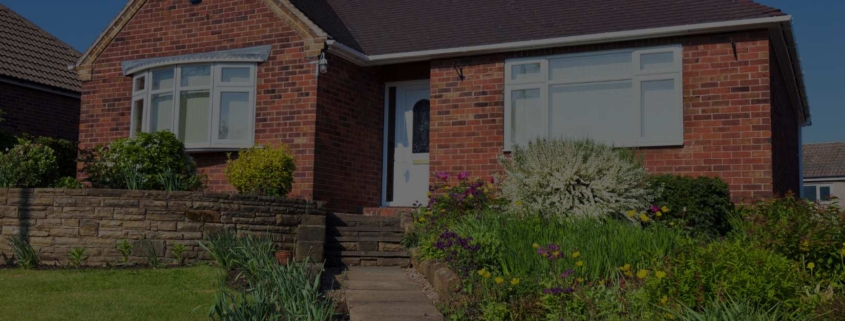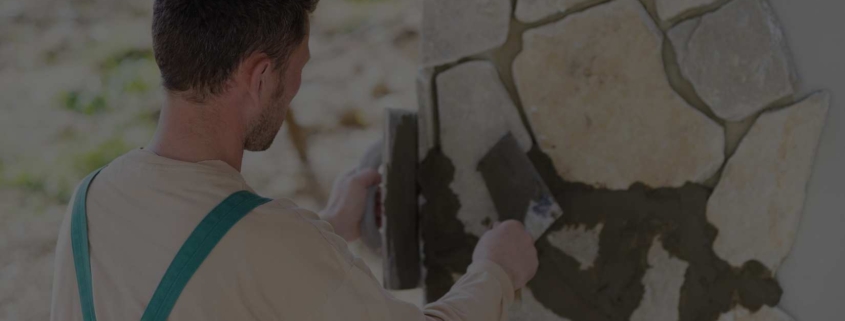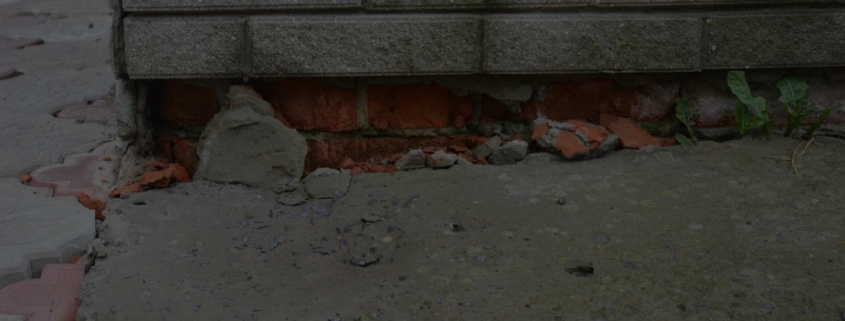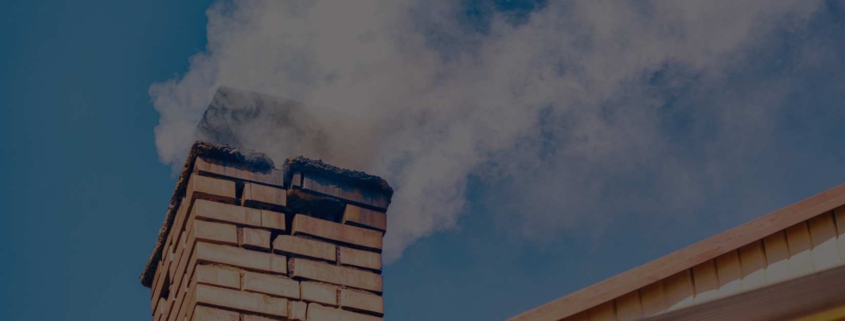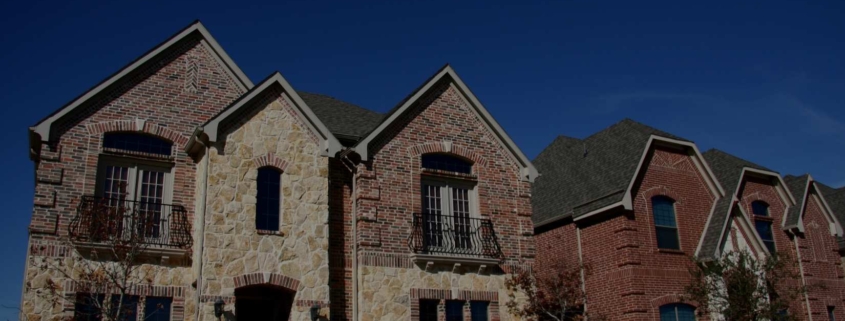Home construction is a complex process that involves various steps, materials, and skilled labour. Home construction typically involves multiple processes, and one of the most crucial aspects is selecting the suitable materials to build a strong, durable, and sustainable structure. Several materials are commonly used in home construction, including wood, concrete, steel, and bricks. While each of these materials has its own benefits and drawbacks, bricks have emerged as one of the best materials for home construction.
Bricks have been used for home construction for centuries due to their exceptional properties. Bricks are made by firing clay or mud in a kiln at high temperatures, producing a solid, rugged, and durable material. Bricks come in various sizes, shapes, and colours, making them versatile for building walls, floors, and even roofs. Despite this, many people don’t consider using bricks because they think they are unsustainable or too expensive, which is never true.
If you don’t see the value of using bricks as construction material, here are some reasons why you should:
#1 – Strong and Durable Structure
By nature, brick properties make it an excellent choice for building a strong and durable structure. Bricks are resistant to fire, wind, and moisture, making them ideal for homes in areas prone to natural disasters. They also have a high compressive strength, which means they can support heavy loads without cracking or breaking. This makes them perfect for building multi-storey structures, where the weight of the building can be distributed evenly across the walls.
Moreover, bricks are long-lasting materials that can withstand the test of time. Unlike other construction materials, such as wood or metal, bricks do not rot, rust, or corrode. Therefore, they will not deteriorate over time, ensuring your home remains structurally sound for years.
#2 – Energy Efficiency
Brick homes are highly energy efficient because the thermal mass of brick absorbs and releases heat slowly, which helps to regulate the temperature inside the house. This means that brick walls will keep the interior cool in the summer, and in the winter, they will keep it warm. As a result, homeowners can save money on heating and cooling bills throughout the year.
Additionally, using brick in construction can reduce the need for insulation, as the material provides insulation properties. Aside from saving money, this also reduces the home’s carbon footprint.
#3 – Fire Resistance
Brick homes are fire-resistant because the material is non-combustible and does not contribute to the spread of fire. This means brick homes can provide extra safety for homeowners and their families. If a fire does happen, brick walls can help to contain the flames and prevent them from spreading to other parts of the home or neighbouring properties, ultimately saving lives and reducing property damage.
#4 – Weather Damage Resistance
Brick is a highly durable material that can withstand harsh weather conditions such as heavy rain, strong winds, and hurricanes. Unlike other materials, such as wood or vinyl siding, brick does not rot or warp when exposed to moisture. Brick homes can withstand extreme weather conditions and require minimal maintenance, saving homeowners time and money in the long run. The only thing you have to worry about is keeping the mortar between the bricks well-maintained to ensure the structural integrity of the walls.
#5 – Noise Suppression
Brick homes can also provide a peaceful and quiet living environment by suppressing noise from the outside. The density and thickness of brick walls effectively block out external noise, making it easier for residents to relax and sleep soundly. This is especially beneficial for those who live in busy urban areas or near highways, where noise pollution can be a significant issue. In addition, brick homes can also prevent noise from inside the house from travelling to other rooms, providing privacy and reducing disturbances between family members or housemates.
#6 – Low Maintenance Required
Brick homes require minimal maintenance compared to other materials. The durability of brick means that it does not need to be replaced or repaired often and does not require regular painting or staining. The only maintenance needed for brick homes is to ensure that the mortar between the bricks is well-maintained by checking for cracks or gaps and repairing them as needed.
#7 – Eco-Friendliness
Brick is an eco-friendly material made from natural clay, shale, and water. The production process of bricks involves firing them in kilns, which requires energy, but modern kilns are designed to be more energy-efficient. Brick homes are also energy-efficient because they provide excellent insulation, keeping the house’s interior warm in the winter and cool in the summer. This reduces the need for artificial heating and cooling systems, which can save energy and reduce carbon emissions.
#8 – Cost-Effective
Above all else, brick is a cost-effective building material. While the initial cost of building with brick may be higher than other materials, it requires very little maintenance and can last for decades without needing repairs or replacements. This means brick buildings can be more cost-effective over time than those made with other materials requiring more maintenance and repairs.
Conclusion
Using bricks in home construction goes a long way in ensuring durability, safety, energy efficiency, and cost-effectiveness. It is a timeless and classic material that has been used for centuries, and its benefits continue to make it a popular choice for construction projects. Whether building a new home or renovating an existing one, using bricks can provide you with a strong, secure, and long-lasting structure.
Red Robin Masonry provides top-quality stonework in Toronto. Our professional masonry contractors specialize in various jobs, including chimneys, concrete, tuck pointing, and custom homes, to ensure your home’s brick and stonework look good. Call us today at 416-206-8859 to get a quote!

